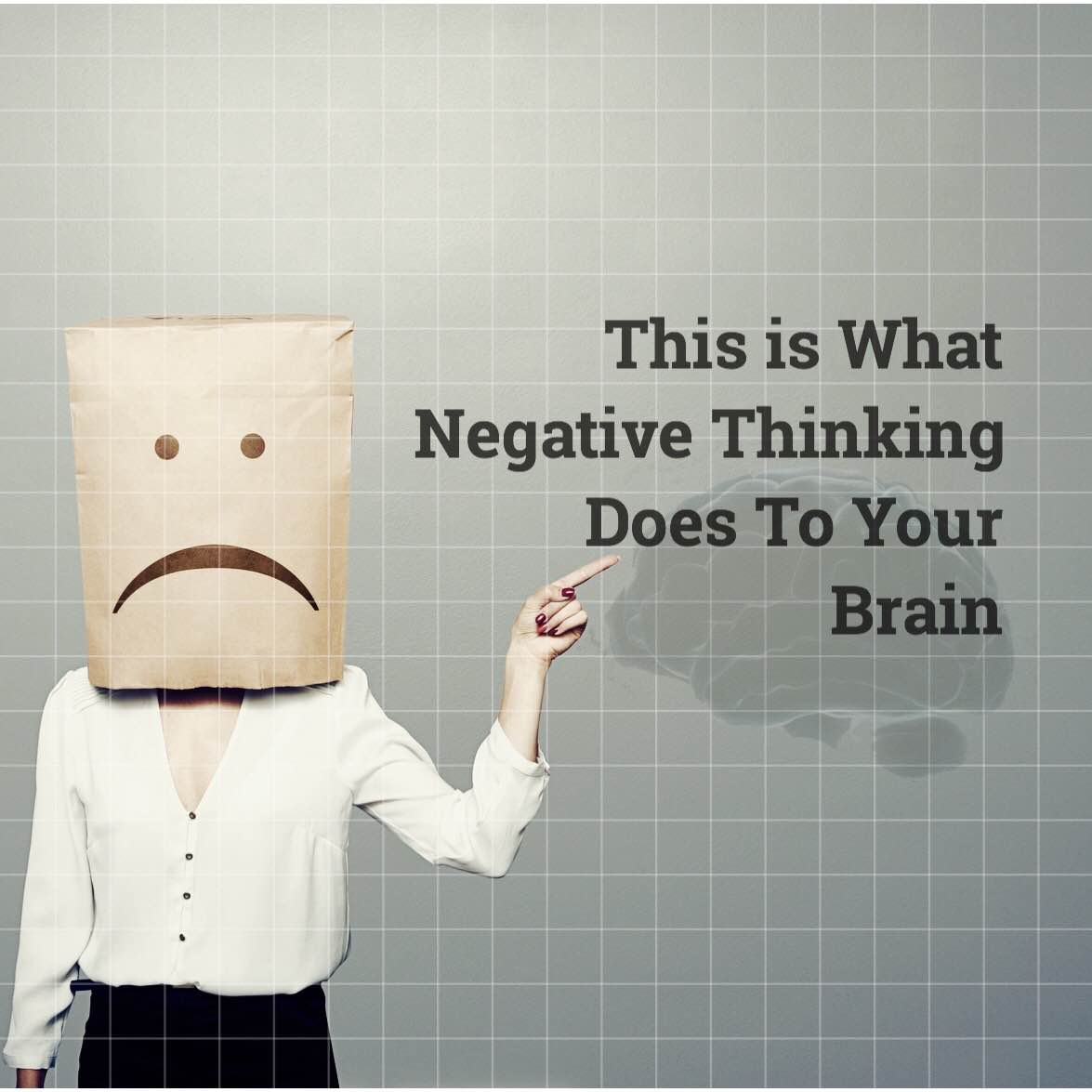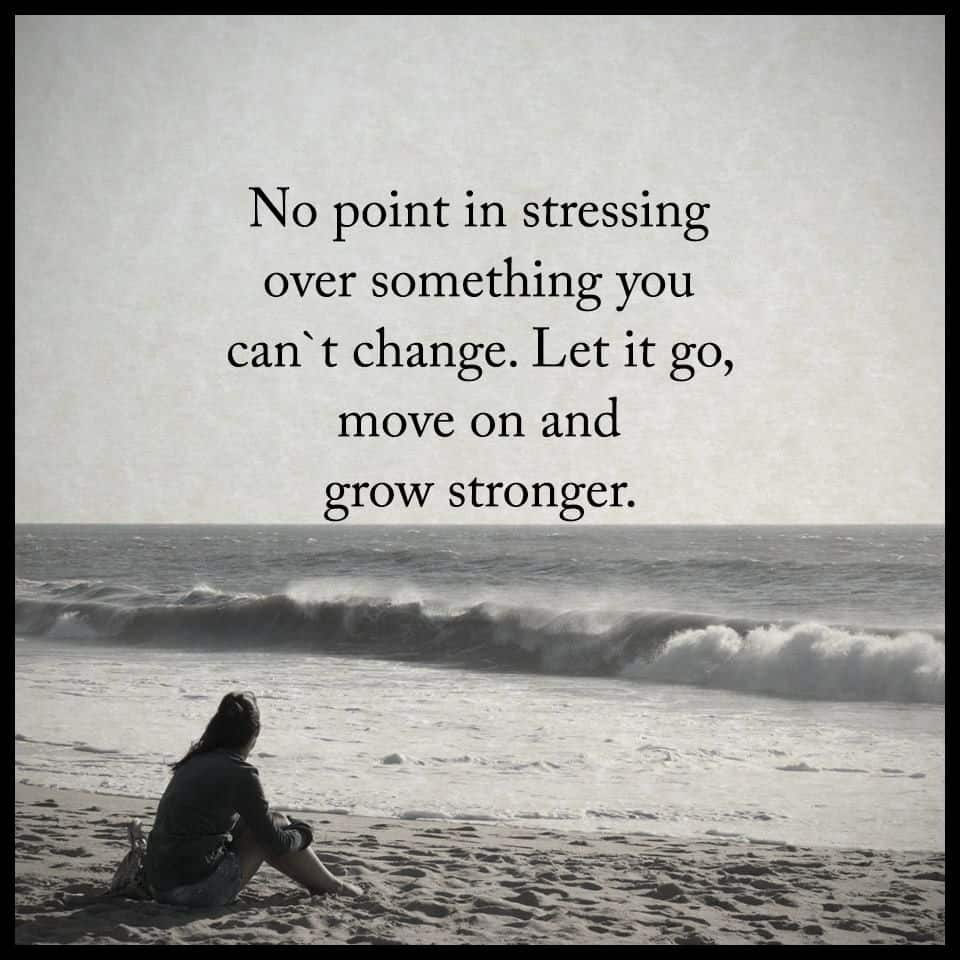It’s an understatement to say that the world you live in is stressful. With each day come new and sometimes mentally challenging adventures. However, what does chronic stress do to you and your body when the pressure doesn’t seem to lessen?
When you look up the word stress in the dictionary, one meaning is to put pressure or pull on something beyond its limits of comfort. It’s the same meaning medically, but it also includes your body’s automatic protection system.
How do you describe your feelings when you are stressed? Many people say that they feel anxious and their heart races. You may find it difficult to breathe, and you may experience headaches, body pain, and maybe even panic attacks. With panic comes irrational thoughts and other emotional issues.
You’ve probably read countless books about simplifying your life and reducing stress. People can minimize their life’s tension, but nobody can eliminate it. You need a certain amount of stress to live, grow, and learn.
Stress in the Prehistoric World
One of the most primordial responses that evolved in the brain is the stress response. According to an article published by the American Psychological Association, this response is based on the central nervous system. It automatically supplies stress hormones to your body in case of real or perceived danger.It’s also known as the fight, flight, freeze, or faint response. The prehistoric earth was a volatile and dangerous place for early ancestors. Finding shelter and foraging for food was a grueling task, and the landscape had many hazards.
Plus, they often encountered threatening prehistoric animals that were either man-eaters or poisonous. Even after humans discovered the benefits and protection of fire, nighttime was especially precarious. Ferocious animals lingered in the shadows, and the fears and superstitions of the people were intensified.
If it weren’t for the stress response hard-wired in their brains, people would have become extinct millions of years ago.
Understanding How the Stress Response Works
The same automatic response that you have hasn’t changed from the one in your primitive ancestors’ heads. Only the stressors around you have changed. You may not have the threats of a dinosaur chasing you, but you still have modern pressures that invoke your automatic stress response.
An article published by the American Institute of Stress explains how your emergency response works. It’s what your brain uses to signal your body to prepare to fight, run, freeze, or faint. In a life-or-death situation, mere seconds are crucial.
The article says that when your brain perceives a threat to your safety, you instantly have physical symptoms. You may have one or all of them, depending on the stressor. Here are some of the symptoms you may experience:
Physical Signs of the Stress Response
•Rapid heartbeat and hyperventilation (rapid breathing)
•Goosebumps, pale, or flushing skin
•Trembling
•Pupil Dilation
In the case of an acute (sudden) threat, shares the article, your central nervous system revs up, and your brain signals your endocrine system to dump powerful stress hormones into your bloodstream. The two major hormones, adrenaline, and cortisol, provide your body with a boost of strength for fighting against an enemy or running to safety.
However, your automatic response may be to freeze in place or even faint. Whatever your body needs to do to be safe, you’ll be primed and ready. Again, this response is only meant for emergencies and doesn’t represent your normal strength and capacity.
Have you ever read incredible but true stories of women lifting entire cars to free people trapped underneath? Maybe you recall experiences where you had extra stamina in a time of crisis. It’s these life-saving hormones that give you the strength, agility, and clarity when you need it the most.
Chronic Stress: False Alarms
Since your stress response is automatic, there’s no way you can turn it on and off at will. It’s hard-wired into your brain, and it will activate it acutely. However, undue stress can put your defenses on autopilot and wreak havoc on your body, mind, and spirit.
Let’s go back to the case of primitive ancestors’ response to danger. When they encountered a hungry flesh-eating dinosaur or an angry wooly mammoth, their stress response made them fight, run, freeze, or faint. The same response keeps you safe when you’re in danger.
Unfortunately, your brain doesn’t differentiate between the threat of a lion roaring towards you or being late for work. Your brain takes any stress, real or perceived, as a threat to your life and will respond immediately.
When you have too much stress, your brain keeps detecting threats and pumps the stress hormones into your body. These hormones are only meant for emergencies and were never intended as a permanent fixture in your bloodstream. What happens when you don’t alleviate chronic stress?
How Chronic Stress Affects You Physically
One of the reasons you may have undue strain is that persistent problems keep the stress response running, unlike acute dangers in your life. According to an article published by the National Institute of Mental Health, high-stress hormone levels are a risk to your wellbeing.
At first, many people may experience headaches, body pains, insomnia, and emotional problems. Every system can be affected, including cardiovascular, immune, digestive, reproductive, and sleep. These systemic problems can contribute to diseases like diabetes, hypertension, cardiovascular illness, and certain cancers in the long run.
How Stress Affects You Mentally
After an acute stress reaction, your body will normalize itself when the threat passes. Although, when you have chronic stress, the fight-flight response becomes your body’s new “normal.” Not only can it affect you physically, but it can also be devastating to your mental health.
When you’re feeling chronic stress, your emotions may be out of sorts, explains an article published by the Office of Women’s Health. You may experience a lack of concentration and the feeling that your life is out of control. It’s also common to have forgetfulness and other mental issues, the article explains.
Chronic stress can also cause anxiety and depression or make the symptoms worse. When you worry about your symptoms’ intensity, you stress more, and it becomes a downward spiral. As your mental health is affected, you may also notice consequences in your personal and professional relationships.
It’s also common for people who are overly stressed to fall into substance abuse, like alcohol, tobacco, drugs, and illicit behavior. These substances may dull the stressful symptoms temporarily, but the problems are still there. Furthermore, substance abuse can intensify your stress levels.
How to Cope with Chronic Stress
While you can’t eradicate stress from your life, there are things you can do to keep chronic stress to a minimum. It’s not easy to strike a balance between family, work, and other social responsibilities. Learning how to manage your stress efficiently can make a big difference in your daily living.
Do you feel tired and overwhelmed? Have you often wished that there were more hours in the day? If you notice any of the signs and symptoms of chronic stress, you can do something about it.
An article published by the American Institute of Stress offers helpful suggestions, like getting enough sleep, eating right, and mindful breathing. These are easy to incorporate into your daily routine. Here are some other stress management tools to consider:
1. Practice Meditation
Meditation won’t resolve all your problems, but it can offer you more clarity to find solutions. All you need is a quiet place to sit or lie down and bring your mind into focus. Close your eyes and become aware of your breathing.
It may seem silly at first, but you’ll get the hang of it. When intrusive thoughts come to you, acknowledge them, and release them with peace and compassion. Even if you practice 15-20 minutes a day, you will feel calm and less stressed.
2. Keep a Journal
Journaling is an ideal way of recording your thoughts, concerns, and dreams. It’s also an essential tool that can help you cope with chronic stress. Sometimes, writing down your feelings can give you a fresh perspective.
3. Find a Mental Diversion
There may be stressors in your life that are unavoidable. However, you can find ways of diverting your attention from them. Consider taking up an exciting hobby or learn a new skill. Maybe you could learn a second language, play a musical instrument, or do some artwork.
You can also find personal satisfaction and stress reduction by becoming a mentor or teaching somebody else your skills. Keeping your mind involved in positive activities can make you less prone to stress and ruminating about your problems. The key is taking a little break from it all.
Final Thoughts on Minimizing Chronic Stress on the Body
Medical science has already demonstrated the possible consequences of undue stress on your well-being. When you recognize the signs and learn coping skills, you’ll notice a difference. Your life will be less stressful, and you’ll have more time to do the things you love.
















 Community
Community

